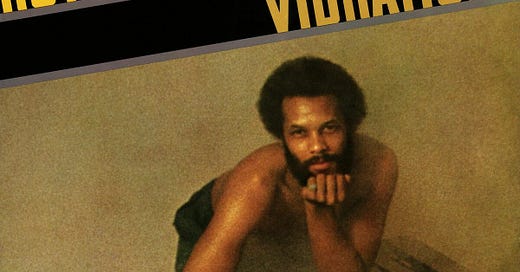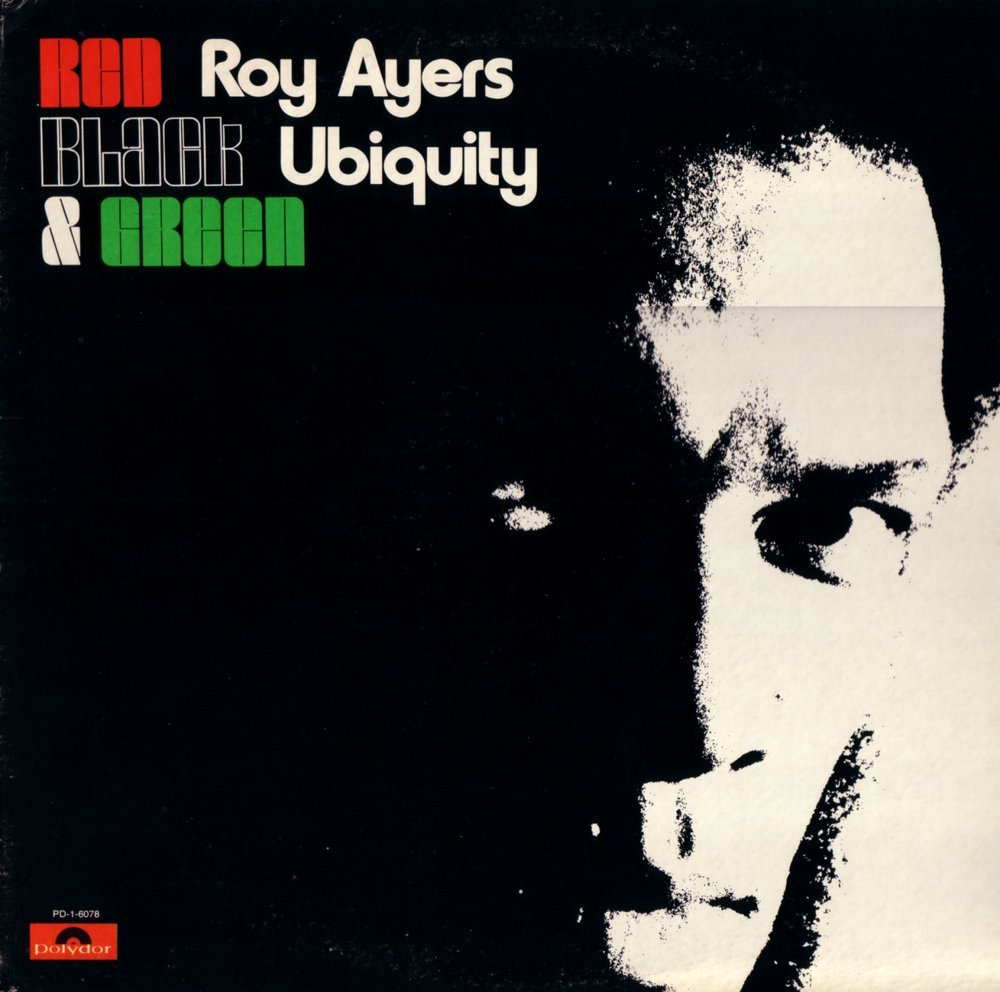Roy Ayers's Vibes Ain't Lie
Jay Ray pays tribute to the legendary musician who helped him hear the music differently.
Today, people talk about music being “all vibes.” Well, Roy Ayers literally played vibes. And figuratively, that’s exactly who he was.
- Jay Ray
I might be misremembering the details, but the feeling remains the truth.
As the 1990s dawned, Black music was undergoing rapid changes.
Hip-hop had become a commercial juggernaut, forcing everyone to adapt. New Jack Swing had reached incredible heights, crossing the pond and influencing pop and rock acts alike. But then came the Milli Vanilli lip sync controversy—a seismic shift that suddenly put Black artists under scrutiny. They had to prove they were real.
Real singing.
Real performing.
Real instrumentation.
Because of this, many artists shifted gears about how they made music. As my ear evolved, I found myself drawn to UK Soul—The Brand New Heavies, Mica Paris, Incognito, and others. Their music, along with the work of producers digging for classic sounds to sample, introduced me more deeply to a name I had always known: Roy Ayers.
Ubiquity Personified
For me, Roy Ayers wasn’t new. His Roy Ayers Ubiquity recordings were a fixture in my household and on the radio. “Running Away” had long been one of my favorite dance tunes, even though it was released the year I was born. His music was that important to my development.
And he lived up to the name of his band—Roy Ayers was the definition of ubiquity. If you wanted your record to have that sauce, Roy Ayers was on it.
Today, people talk about music being “all vibes.” Well, Roy Ayers literally played vibes. And figuratively, that’s exactly who he was.
His mastery of the vibraphone—paired with his use of voice as a percussive element—forced me, as a young listener, to engage with the music in a way that shaped my ear forever.
Two 90s-Era Examples of Roy Ayers Power
The Roy Ayers Takeover on Nuyorican Soul
By any standard, Nuyorican Soul is a great album. Its star-studded lineup and seamless fusion of Latin Jazz, Disco, Hip-Hop, and Salsa landed it on many year-end "Best of" lists. But for me, Side B of the cassette was where the magic truly began—Roy Ayers’ time to shine.
With “Roy’s Scat,” seguing into a flawless rework of his “Sweet Tears,” Ayers demonstrated the perfect blend—the beauty in the rough and the sweetness in a song. He understood space, knew when to let the music breathe, and, in doing so, made it resonate even more.
“When You Think of Me” – Eric Benét
Eric Benét’s second album, A Day in the Life, leaned more into his commercial desires than his debut True to Myself. That wasn’t a bad thing—it gave him room to spread his wings. As the first half of the album closed, “When You Think of Me” arrived, co-produced by Benét alongside Philly legends James Poyser and Vikter Duplaix.
The song featured Roy Ayers, and what happened next was pure artistic commitment.
Roy entered with his vibraphone, his percussive force, and his voice—vocalizing every movement. Then, in the middle of that opening passage, he screamed and played:
“WHAT?!! WOOOOOW.”
And he kept going. Kept playing. Kept vocalizing.
My heart skipped. It hit me so hard.
Hitting The Right Note
That’s the thing about Roy Ayers. No matter how trends changed, no matter how recording methods evolved, his commitment never wavered. Every swing of his mallet, every hiccup in his voice—he always struck just the right note.
Roy Ayers passed away on March 4, 2025 at age 84. He’d been battling a long illness.
Rest well, sir. You did that!







Let's Not forget about Ayers most famous track "Everybody loves the Sunshine "from the Ubiquity album. It was probably one of the most sampled track with just the opening.